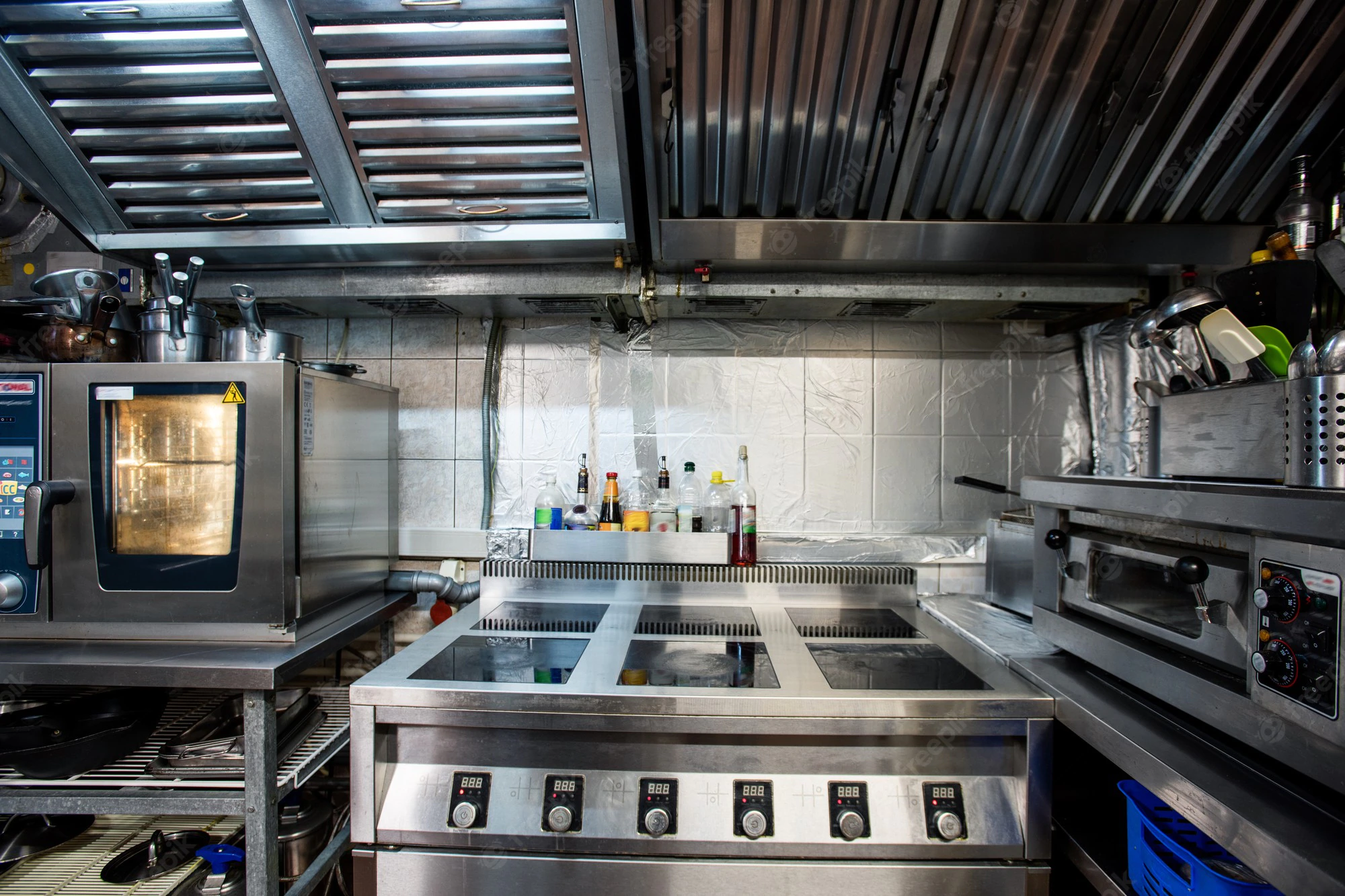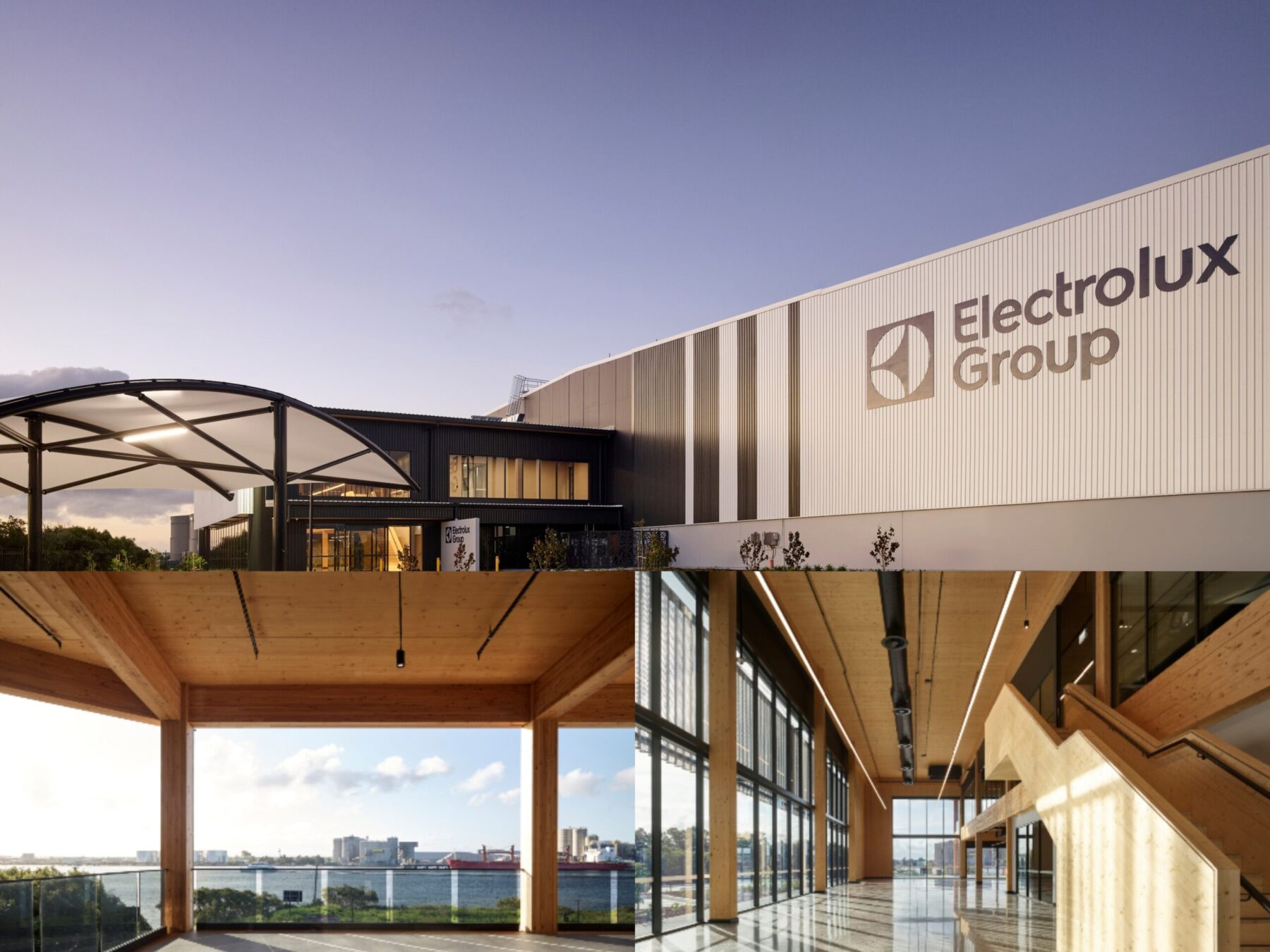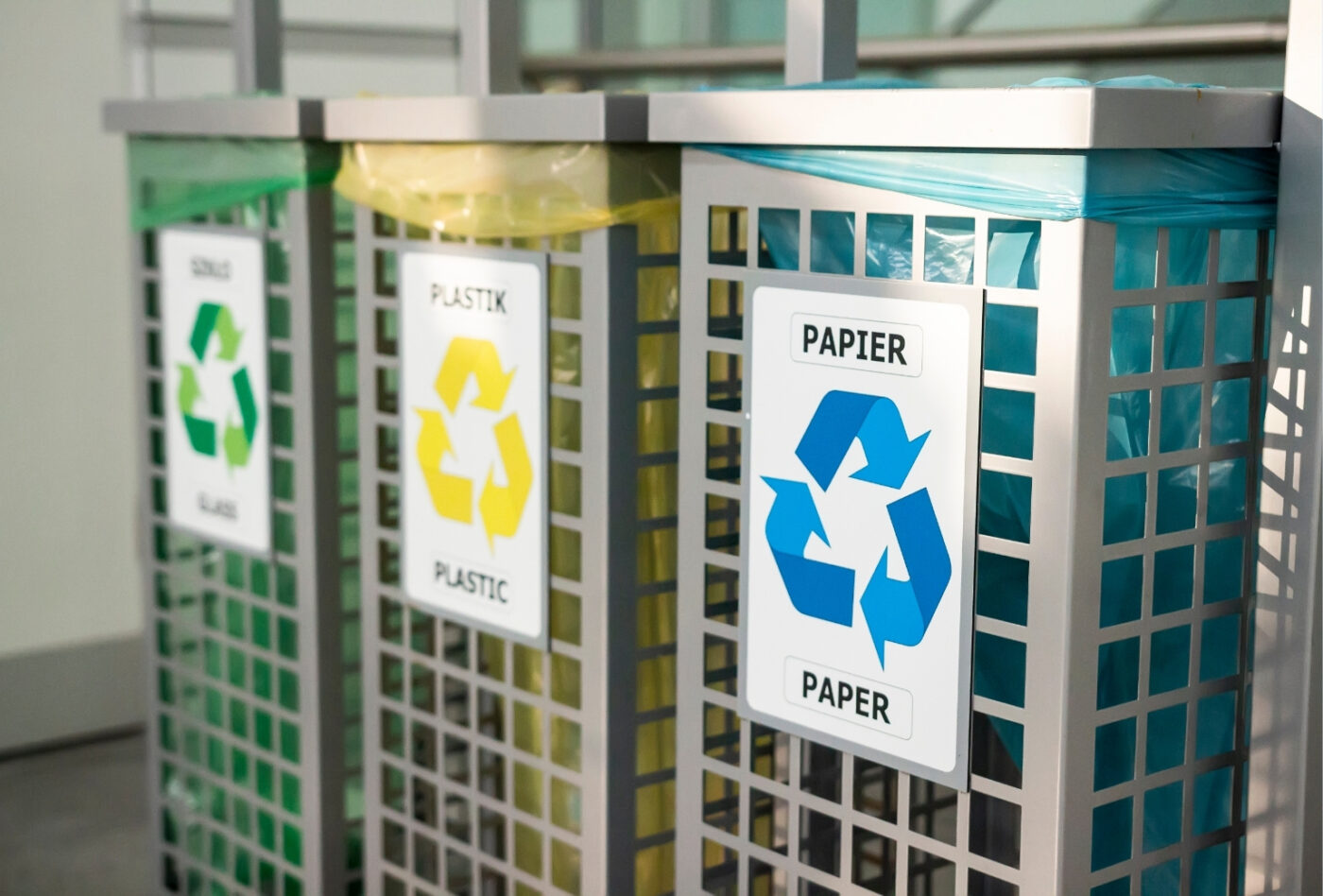
Green Building Council of Australia is supporting a coalition of global property companies, climate organisations and top chefs including Neil Perry, in calling for gas to be phased out of all commercial and domestic kitchens.
GBCA and two of its member companies are part of The Global Cooksafe Coalition, which is championing the switch to all-electric stoves, and universal access to safe, sustainable cooking. The Coalition’s Australian campaign and report – The Future of Cooking is Electric – is being launched in Australia today.
To mark the launch, leading property companies Lendlease and GPT who between them manage combined funds and assets of over $100 billion, have committed to the most ambitious target currently in place in Australia:
- no more gas in kitchens of their new developments by 2030
- all-electric retrofits of their existing properties by 2040
Speaking at the launch, GBCA CEO Davina Rooney said, “It’s heartening to see top chefs like Neil Perry standing alongside large property companies like Lendlease and GPT saying there is no future in gas cooking.”
“Now we need to see others in the industry follow suit with similar commitments because the impact of gas on the climate and on human health can’t be sustained,” Ms Rooney said.
Ann Austin, Head of Sustainability, Lendlease Australia, said Lendlease is serious about reducing carbon emissions.
“Our target is to reach absolute zero carbon by 2040 – which means we must move towards electrification so that renewable energy can be used to power homes, commercial buildings, construction sites and kitchens,” Ms Austin said.
“While the transition to electric cooking will take time, we’ve already committed our new Victoria Cross Tower in Sydney to being all electric, and we’re looking forward to working alongside our Coalition partners to drive and accelerate industry change.”
Dale O’Toole, National Manager of Building Performance at GPT said, “all-electric kitchens not only potentially present financial savings in new developments on the gas reticulation perspective, but they also contribute to inclusive and resilient growth and protect businesses and assets from the risks associated with transitioning to a renewable economy.”
“In a net-zero world, this reduces the risks of stranded assets and increases the longevity of investments for developers,” Mr O’Toole said.
Natural gas use in buildings accounts for 15% of all operational emissions – around 14 million tons of CO2 a year – while toxic pollutants including nitrogen dioxide, formaldehyde and benzenes from gas cooktops seep into our kitchens and homes and have an enormous impact on our health.
Research shows that a child living with gas cooking in the home faces a comparable risk of asthma to a child living with household cigarette smoke. Cooking with gas is estimated to be responsible for up to 12 percent of the childhood asthma burden in Australia.
“With decades of research documenting the risk that these substances pose to our health, we must act now to transition to clean, safe electric cooking,” Ms Rooney said.
Leading chefs such as Neil Perry, Palisa Anderson and Darren Robertson have made the switch to cooking with electricity. They agree that electric induction cooking, is safer, cleaner, cheaper, easy to work with, and much more sustainable.
“Electric is definitely the future of cooking in the home and in commercial kitchens. It’s just cleaner, it’s more efficient and it’s definitely more beneficial for the environment. Everything tends to be neater and cleaner without gas,” said Australian chef, restaurateur, author and television presenter Neil Perry.
The new breed of induction cooktops are now equivalent to, or better than gas options. It turns the pan itself into the heat source – when the pan is lifted off the induction surface, the electricity consumption stops, and the surface is cool to the touch.
Electric induction cooktops:
- use minimal energy
- are much easier and quicker to heat than gas burners
- are cleaner
- emit much less heat in a kitchen, and stay cool to the touch
- are cheaper to operate (upfront costs are higher but are recovered over time by reduced utility bills)
- have flat surfaces that can be used as extra workspace for food preparation
You can read more about the future of cooking in The Global Cooksafe Coalition report launched today – The Future of Cooking is Electric.
GBCA is a founding partner of the Global Cooksafe Coalition. You can read about how GBCA is supporting the transition of buildings to be fully electric and powered by renewables here.
Secretariat support for the Coalition is provided via the European Climate Foundation.



